Mon-Sat 9am-7pm
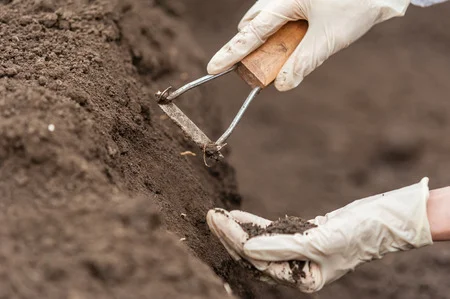
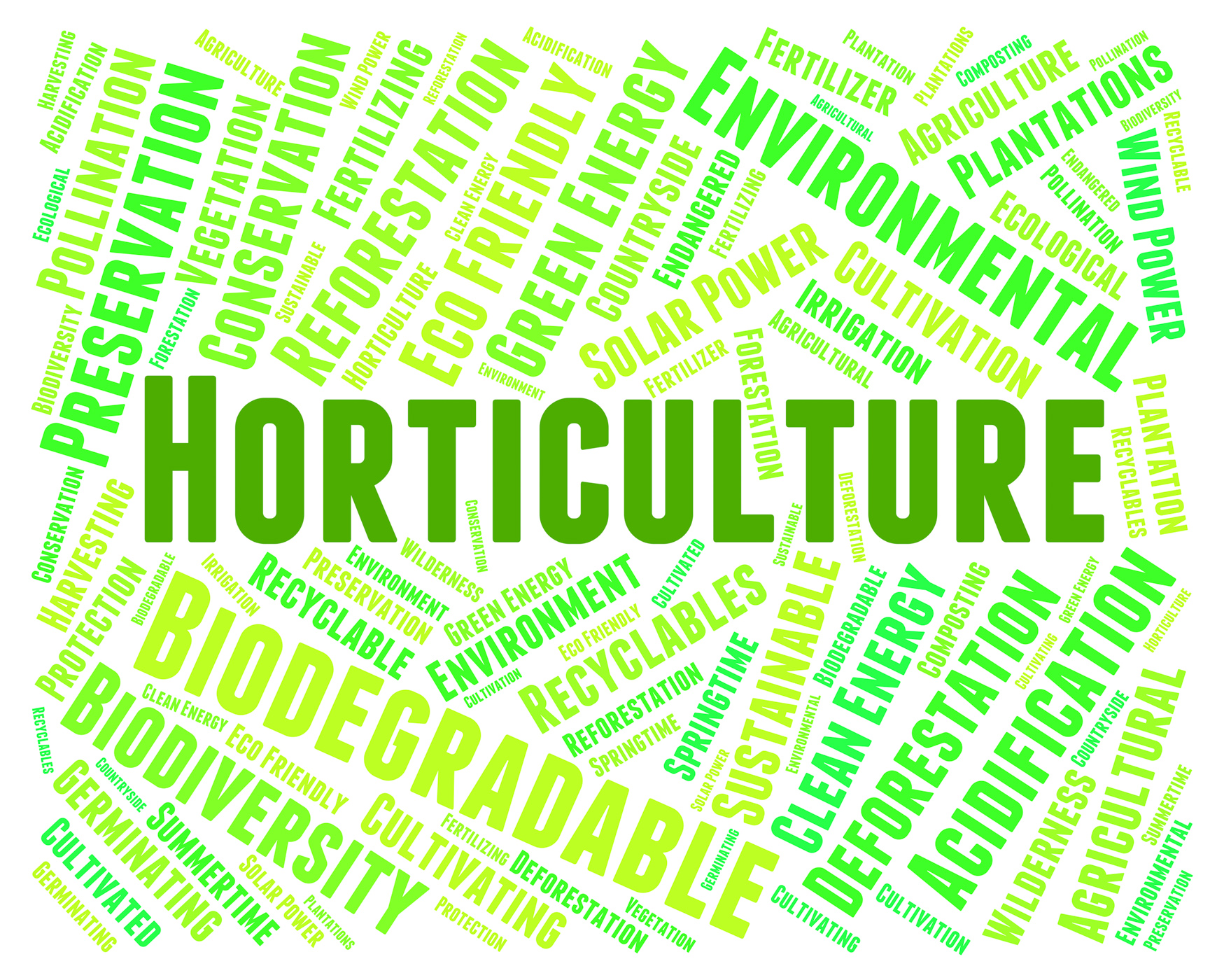
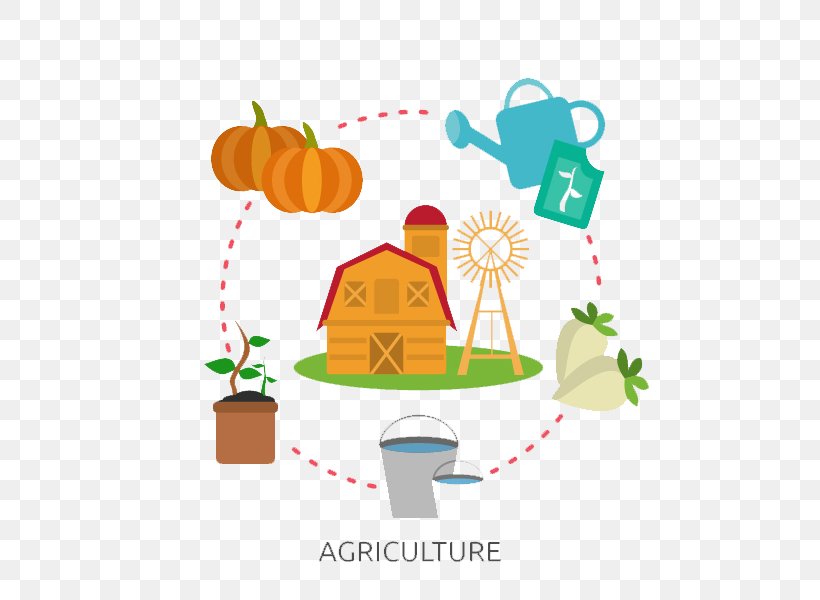
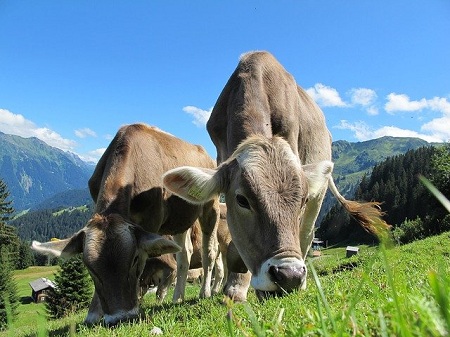
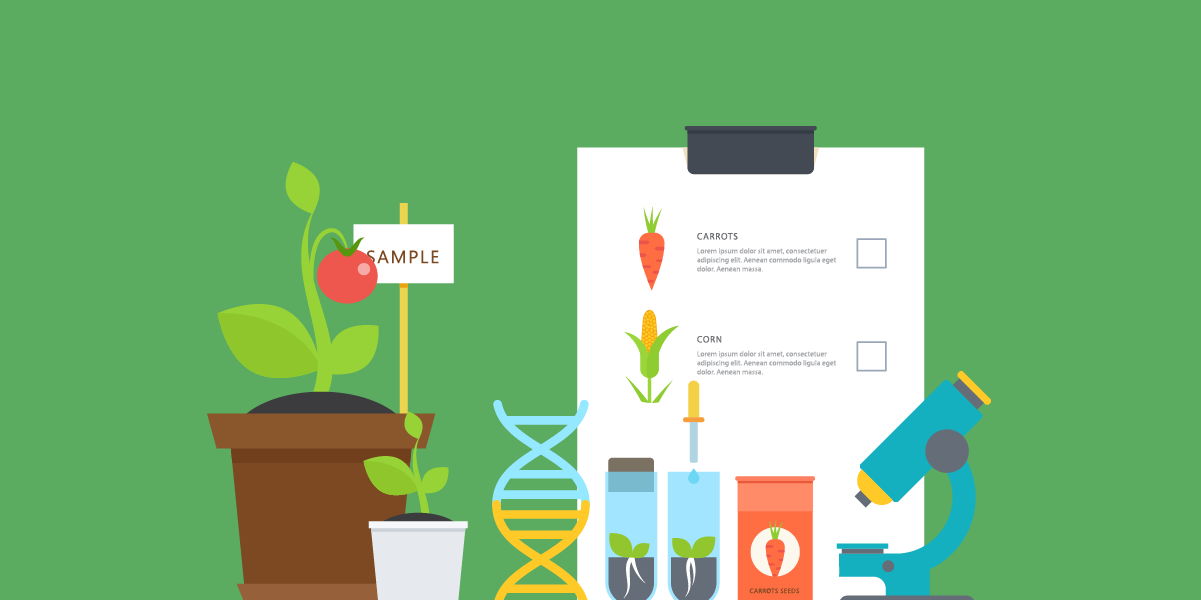
Food science technicians, also known as food analysts, provide assistance to food scientists and technologists in their research. They perform standardized tests for quality assurance, quality control, and content analysis of food products. Food Science Technicians compile and maintain data obtained from their laboratory tests. Technicians analyze results in order to classify products and samples or compare results with standard tables. They ensure that food products and packaging meet required specifications. Food technicians may be responsible for preparing reports based on their results. Technicians are involved in cleaning and maintaining laboratory equipment.
Food science is the branch of applied sciences that combines the fundamentals of biochemistry, physical sciences, and chemical engineering to study the physical, chemical, and biological nature of food items. In simple words, food science (or food technology) deals with the manufacturing, processing, treatment, preservation, and distribution of food.
The ultimate objective of food science is to understand the principles of food processing and to improve the food quality for the general public. Whatever food item (especially packaged ones) you come across in the supermarket (or retail store), has had some contributions from a food scientist, food technologist, or food engineer.

1) Check raw ingredients for maturity or stability for processing, and finished products for safety, quality, and nutritional value.
2) Develop food standards and production specifications, safety and sanitary regulations, and waste management and water supply specifications.
3) Develop new or improved ways of preserving, processing, packaging, storing, and delivering foods, using knowledge of chemistry, microbiology, and other sciences.
4) Search for substitutes for harmful or undesirable additives, such as nitrites.
5) Study methods to improve aspects of foods such as chemical composition, flavor, color, texture, nutritional value, and convenience.
6) Study the structure and composition of food, or the changes foods undergo in storage and processing.
7) Test new products for flavor, texture, color, nutritional content, and adherence to government and industry standards.
8) Confer with process engineers, plant operators, flavor experts, and packaging and marketing specialists in order to resolve problems in product development.
Aspiring food scientists need at least a bachelor's degree in an area such as food science, chemistry, microbiology, or a related field. These 4-year programs instill in students fundamental principles in food science as well as research techniques. Coursework generally includes organic chemistry, food process engineering, and human nutrition. Programs may also require students to enroll in classes that discuss food manufacturing, sanitation, and safety regulations.
Some undergraduate programs offer different curriculum options, such as research, general food science or management economics. It's important that the aspiring food scientist knows where he or she would like to work and chooses the path that fits best.
Although a bachelor's degree may be sufficient for private-sector research and applied science positions, an advanced degree, such as a Master of Science or Ph.D. in Food Science or a related field may be required for university research posts. Graduate students have the option of specializing in food chemistry, manufacturing processes, or another field. These advanced programs might require a thesis, publishable review, or an independent research project on a topic in food science, nutrition, or biochemistry. Master's degree programs in food science generally last 1-2 years, while Ph.D. programs may take 3-4 years.
Job seekers might enhance their employment prospects by earning voluntary credentials, such as the Certified Professional-Food Safety (CP-FS) designation offered by the National Environmental Health Association. Certification is based on successfully completing a qualifying exam that covers microbiology, food regulations, and other aspects of quality control. To be eligible, candidates must have graduated from a bachelor's degree program accredited by the National Environmental Health Science and Protection Accreditation Council (NEHSPAC) or have completed NEHSPAC-designated education, work, and certification requirements.
Path 1: 12th-Physics, Chemistry, Maths
UG-B.Tech
PG-M.Tech
Path 2: 12th- Physics, Chemistry, Maths, Biology, Economics, Business Studies, Accountancy, History, Geography, Political Science
UG - B.Sc
PG - MSc
Path 3: 12th-Physics, Chemistry, Maths, Biology
BSc in Food Technology / Processing (Science)
Path 4: 12th-Physics, Chemistry, Maths, Biology
B.Tech in Food Technology / Processing (Engineering)
Food Technologist
One can opt for various food technology courses in India and abroad. The food processing industry is rapidly growing and one can get jobs in food processing industries, research laboratories, hotels, soft drink factories, quality control, rice mills, manufacturing industries, and distilleries. In India, the Food Processing industry is gaining momentum as the consumer food industry, which includes pasta, bread, cakes, pastries, corn flakes, ready to eat and ready to cook products, cocoa products, biscuits, soft drinks, beer, alcoholic beverages, mineral and packaged water and segment of consumer foods is seeing an upward trend.
Areas of employment:
The Food Corporation of India, which handles the purchase, storage transport, and distribution of food grains and other food items, provides employment to a large number of people. Modern Food Corporation which markets bread, fruit juices, edible oils, soft drink concentrates and North-Eastern Agricultural Marketing Corporation which markets and processes fruits and vegetables also recruits people.
A food technologist’s salary depends upon the type of task he/she performs. The salary of a food technologist also depends on the organisation he/she works with. Mentioned-below is the pay scale for different job profiles of food technologist.
|
Job Profile |
Starting Salary per annum (in INR) |
Mid Level Salary per annum (in INR) |
Senior Level Salary per annum (INR) |
|
Food Technologist |
3,08,368 |
3,46,756 |
5,50,000 |
|
Quality Manager |
4,66,860 |
7,50,194 |
11,76,773 |
|
Nutritional Therapist |
2,40,060 |
2,89,292 |
16,00,000 |
|
Regulatory Affairs Officer |
2,25,000 |
7,86,108 |
11,50,392 |
|
Product/Process Development Scientist |
5,14,449 |
10,75,000 |
20,27,867 |
|
Technical Brewer |
4,00,000 |
6,00,000 |
9,00,000 |
|
Chefs |
2,00,000 |
5,84,396 |
29,57,724 |
A food technologist gets to know and learn about a variety of cuisines that makes this profession to be an interesting one.
Food technologists get to modify and create new food products.
Being a food technologist, one has the privilege to check, accept and reject the food items that may or may not suit the various manufacturing and processing parameters.
Building a relationship between the customer and supplier, in a way improves communication skills and makes a person extrovert.
Involves a lot of travelling -- both national and international.
A lot of hard work is required with no fixed hours and tremendous work pressure.
Requires one to travel a lot, which could be exhausting.
Food technologists need to be very careful about the task allotted to them as anything wrong can put human lives at risk.


Call us at +91 9205084085, Monday - Friday, 9 am - 7 pm


